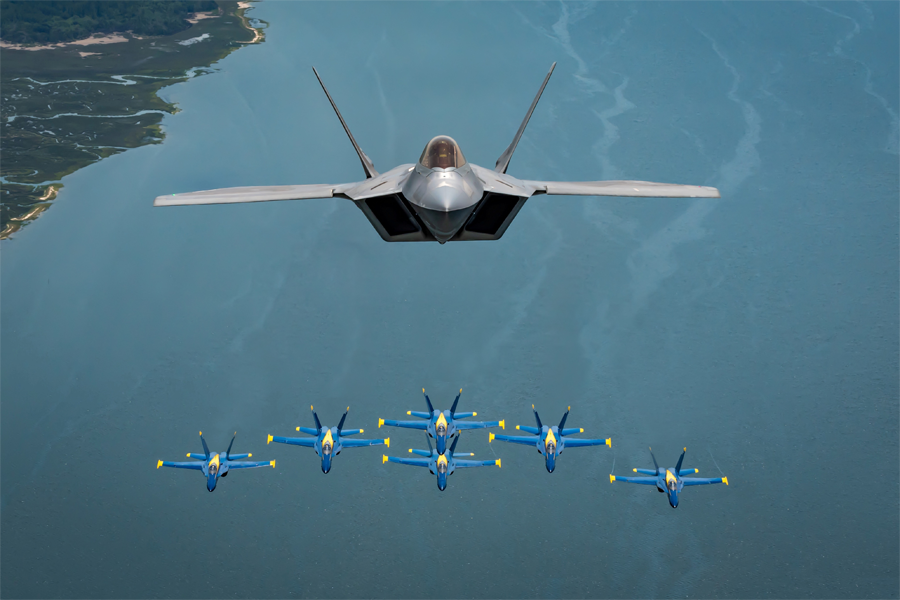US, UK and France Scramble Fighter Jets to Gulf Region

Fighter jets from the United States, United Kingdom, and France have been scrambled across the Persian Gulf following coordinated Iranian missile strikes on American military installations in Qatar and Iraq.
The escalation, confirmed by Tehran’s state broadcaster as “Operation Basharat al-Fath,” is in retaliation for recent U.S. attacks on Iranian nuclear facilities.
In a dramatic response to the strikes, Bahrain and the United Arab Emirates have officially shut down their airspace, grounding civilian flights and rerouting commercial air traffic away from the conflict zone.
The move reflects heightened military readiness and fears of further escalation across the Gulf.
The airspace closures come amid heavy GPS jamming reported across Qatar, the UAE, and now Bahrain.
The disruptions are affecting both civilian and military navigation systems, with airline pilots and maritime operators reporting widespread signal interference.
Analysts say this is likely part of Iran’s electronic warfare tactics designed to counter US air and naval dominance.
In Qatar’s capital Doha, residents described hearing loud explosions and seeing interceptor missiles streak across the sky as air defense systems responded to incoming threats. Similar scenes were reported near US installations in Iraq.
Bahrain’s decision to close its skies is especially significant, as the island kingdom hosts the US Navy’s Fifth Fleet.
The move not only underscores the gravity of the situation but also signals strategic alignment with US defense posture in the region.
The US Central Command has yet to issue a full statement, but the deployment of coalition fighter jets signals a coordinated military response is underway.
There has been no confirmed information on casualties or the scale of damage at the targeted bases.
With GPS disruptions expanding, airspace restrictions tightening, and military forces on high alert, the Persian Gulf has become a volatile theatre.
The international community is urging restraint, but fears are growing that the crisis could spiral into a broader regional conflict.



0 Comments